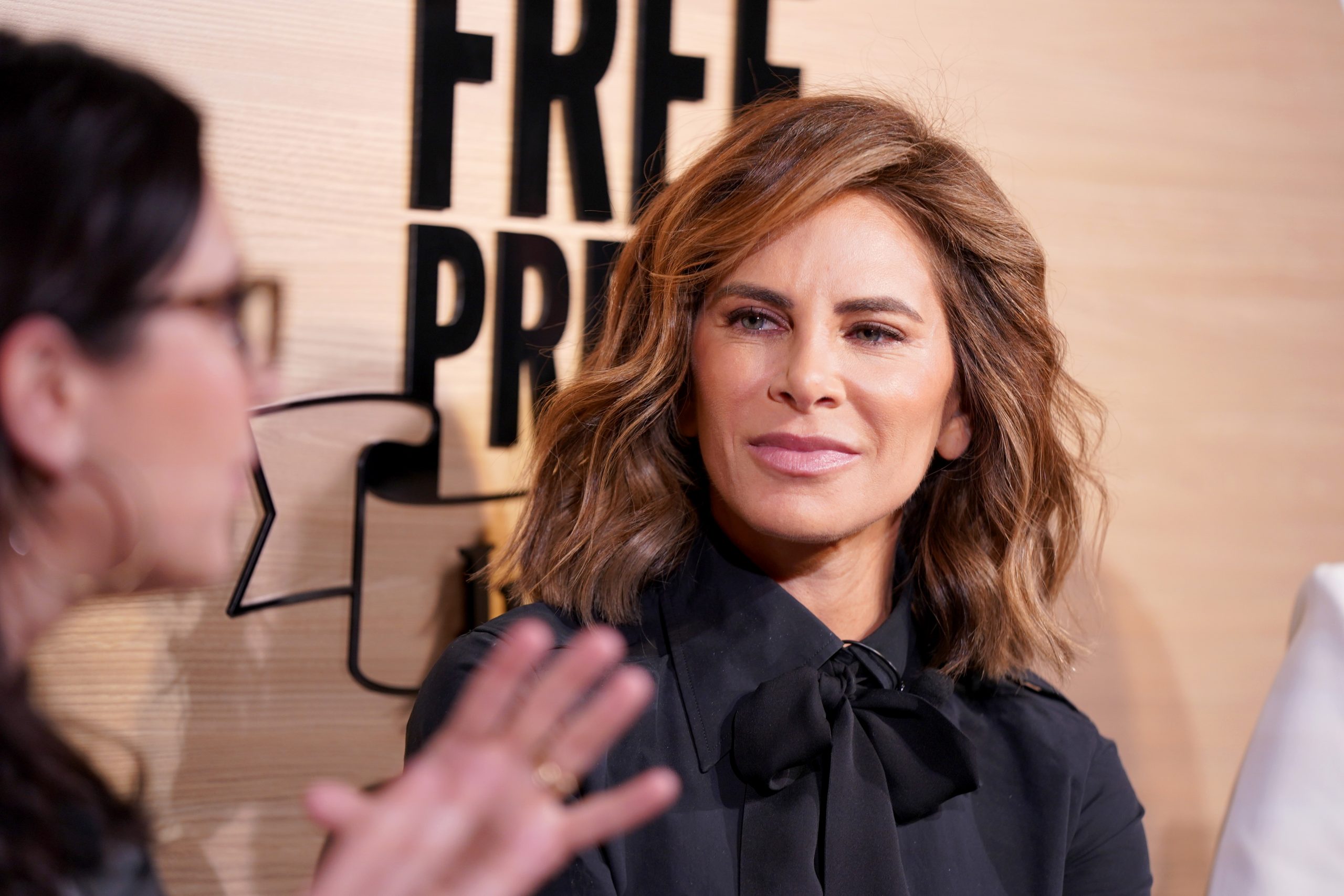Jillian Michaels Slams Netflix’s Biggest Loser Documentary, Threatens Legal Action Over Alleged Lies
By Emma Carter
August 23, 2025
Los Angeles, CA – Celebrity fitness trainer Jillian Michaels has fiercely responded to allegations made against her in Netflix’s new docuseries, Fit for TV: The Reality of The Biggest Loser, accusing the series of spreading “egregious” falsehoods. The former Biggest Loser trainer, who did not participate in the documentary, took to Instagram on August 19 to refute claims about her conduct on the NBC weight-loss show, which aired from 2004 to 2016, and hinted at potential legal action against Netflix, co-star Bob Harper, and the show’s medical consultant, Dr. Robert Huizenga.
Allegations and Michaels’ Rebuttals
The three-part docuseries, which premiered on August 15, 2025, delves into the controversial behind-the-scenes practices of The Biggest Loser, alleging extreme weight-loss methods and questionable ethics. Among the claims, Michaels was accused of breaking show rules by providing contestants with caffeine pills without medical approval, restricting their calorie intake to dangerously low levels, and telling a season winner, Ryan Benson, that he had made her “a millionaire.” The series also highlighted a fractured relationship between Michaels and co-trainer Bob Harper, who claimed she never reached out after his 2017 heart attack.
Michaels, 51, vehemently denied these accusations, posting screenshots of emails and texts to support her defense. Addressing the caffeine pill controversy, she shared a 2009 email chain involving Harper, producers, and Dr. Huizenga’s representative, Sandy Krum, discussing the distribution of “fat burners” to contestants. “Dr. Huizenga did approve caffeine pills on many seasons of Biggest Loser,” Michaels wrote, adding that Harper suggested the use of Stacker supplements. She emphasized that her own brand’s pills, containing no more than 200mg of caffeine—equivalent to a strong cup of coffee—were “never banned” on the show. She told TMZ, “It’s a total lie that contestants couldn’t have caffeine at all,” noting that she was penalized for personally distributing the supplements, not for their use.
Regarding the calorie restriction allegations, Michaels shared a 2010 email instructing Season 11 winner Olivia Ward to consume 1,600 calories daily while home for the holidays, countering claims by Season 2 contestant Suzanne Mendonca that competitors were limited to 800 calories per day. Additional emails with producers emphasized her focus on ensuring contestants were “adequately nourished.”
Michaels also refuted the claim that she told Benson, the Season 1 winner, “You’re going to make me a millionaire.” She posted text messages from her business partner with executive producers Mark Koops and Dave Broome, confirming that no such comment was recorded, as both she and the contestant were wearing microphones during the finale. “If such a comment had been made, it would exist on the audio record,” she stated.
Harper Feud and Rachel Frederickson Controversy
The docuseries reignited tensions between Michaels and Harper, who claimed their friendship was more performative than genuine. Harper, 59, said in Fit for TV that Michaels’ failure to contact him after his 2017 heart attack, which left him “dead on the gym floor for nine minutes,” “spoke volumes.” In response, Michaels shared a 2014 text to Harper, writing, “I really think it’s s—ty of you to not even respond to my texts. It’s this kind of thing that always makes me so disappointed in our relationship.” She captioned the screenshot, “Take from it what you will,” suggesting prior communication issues.
Michaels also addressed criticism surrounding Season 15 winner Rachel Frederickson, whose dramatic 155-pound weight loss sparked public concern. She claimed she never worked directly with Frederickson and had raised health concerns with NBC, receiving a warning from then-chairman Paul Telegdy that she faced legal action if she didn’t publicly support Frederickson’s appearance. “I resigned from The Biggest Loser shortly thereafter,” Michaels noted.
Legal Threats and Public Reaction
Michaels told TMZ she is consulting entertainment lawyer Bryan Freedman, who represents Justin Baldoni in his legal dispute with Blake Lively, to explore suing Netflix, Harper, Huizenga, and the docuseries’ producers. She called the allegations “so egregious and so damaging that I don’t think I have a choice.”
The controversy has sparked heated discussions online. Posts on X show divided sentiments, with some users praising Michaels for providing “receipts” to counter the claims, as one wrote, “Proof👏 Receipts👏 Timeline👏 Screenshots👏.” Others criticized her past methods, with one user stating, “Jillian’s tough love was brutal—caffeine pills or not, that show pushed unhealthy extremes.”
Broader Implications
The docuseries has reignited scrutiny of The Biggest Loser’s legacy, with former contestants and crew alleging psychological and physical harm from the show’s intense regimen. A medical study cited in the series noted that contestants often regained weight due to permanently damaged metabolisms, and some reported receiving no aftercare support. Michaels, who left the show in 2014, previously told Today Health in 2021 that it needed a mental health professional and criticized its gamified weight-loss format.
As Michaels prepares for potential legal action, the controversy underscores ongoing debates about reality TV ethics and the responsibility of producers to protect participants. Whether her “receipts” will sway public opinion or the courts remains to be seen, but the fitness guru’s fiery response has ensured that The Biggest Loser’s troubled history remains in the spotlight.
Emma Carter is an entertainment reporter covering reality TV and celebrity controversies.
